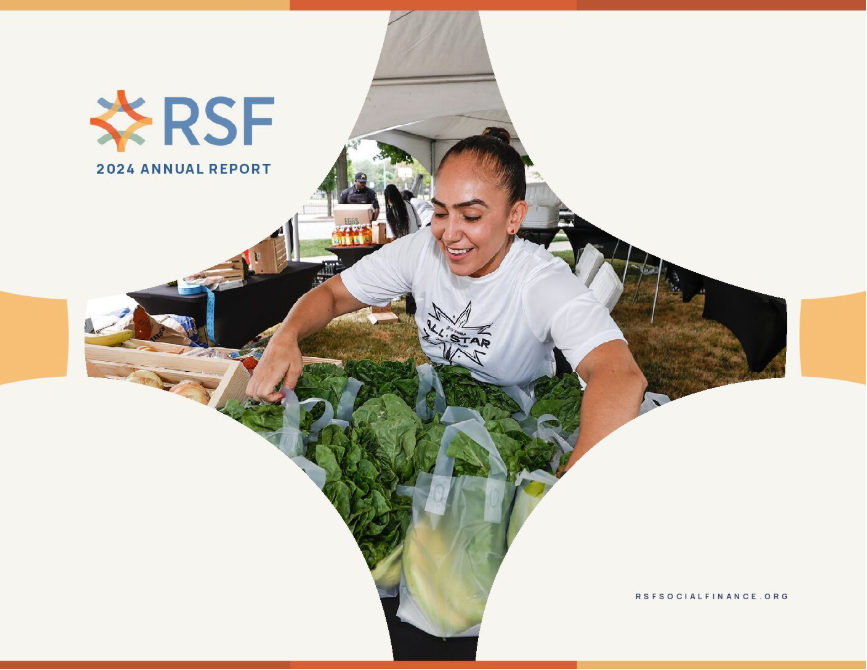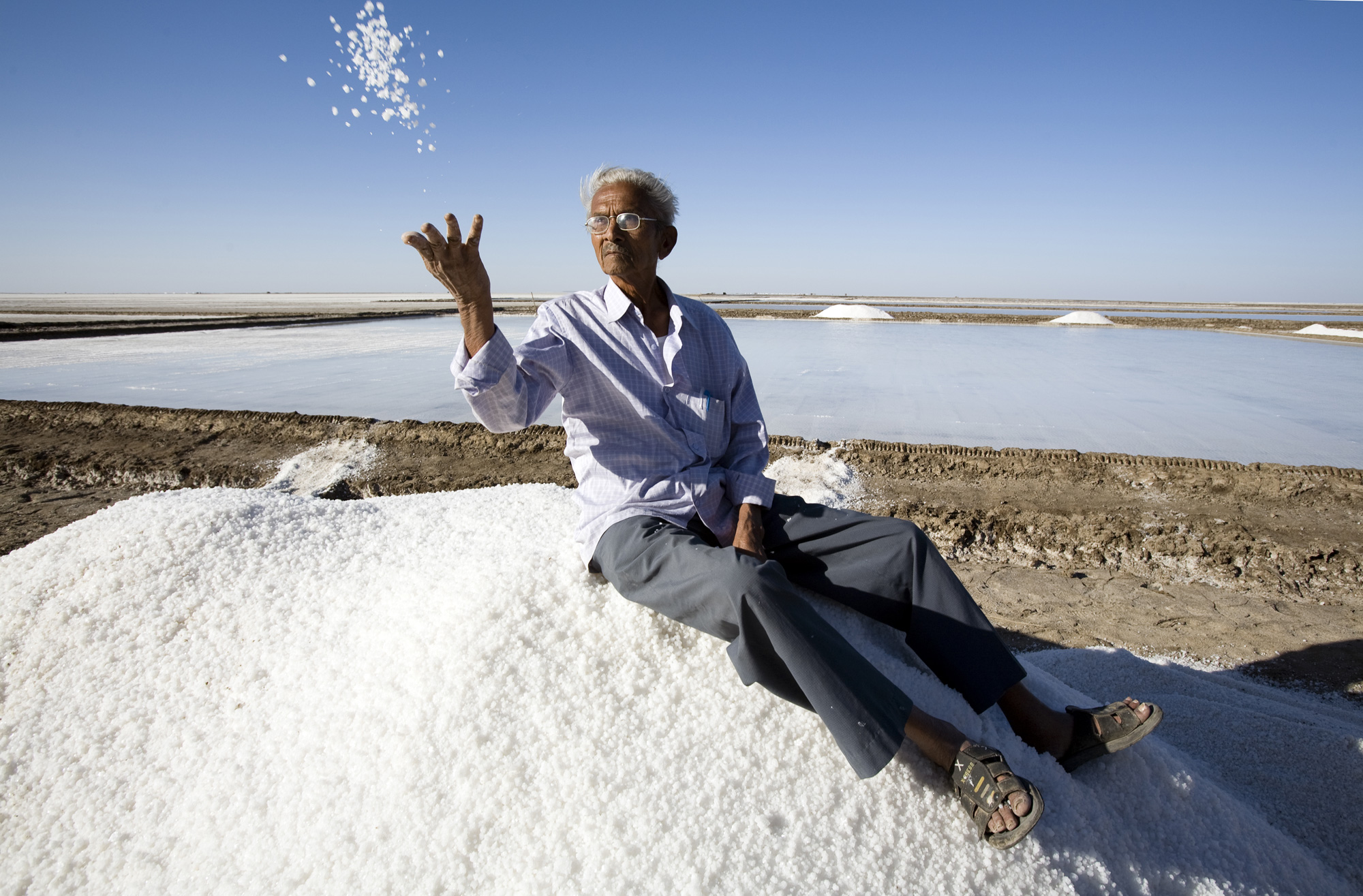I proposed a threefold picture of the human relationship to land: ownership, use, and community.
Land is the foundation of economic life. The boundaries we impose upon land, the rights we confer to ourselves, are a reflection of our political life. Who we are and how we bring our labor to work on the land is a matter of culture and vocational destiny. It is important to understand that each aspect of this threefold framework must be given equal recognition and weight and yet be worked with in mindful integration with the other two—land as economic source governed by community determined rights and right use, ownership as a path to realize stewardship responsibility as well as initiative on and from the land. If we work with this threefold framework as background to finding a renewed purpose in stewarding land rather than consuming it, economic life will shift into a more stable and sustaining modality—one of sufficiency. If we recognize and value the human community, which depends upon the land, then that community needs to have a voice in how the land is best used and renewed. The community may even have a say in who is best suited to bring their capacities to the land, whether farming, manufacturing, or development.
Such approaches exist. But to get there, the connection between ownership, use, and community has to change, to be brought into a balanced yet dynamic relationship. The age of entitlement, which gives primacy to private landownership through policies and laws that trump use and community, has to change. In such a skewed system, a distorted, unjust, and unsustainable system has emerged driven by extreme self-interested behavior. The world is full of evidence for this. The challenge is to develop a way of being with land that brings ownership, use, and community into dynamic equilibrium so that human nature and nature itself thrive in reciprocal nurturance.
Land trusts, the high integrity sustainable farming movement, enlightened land owners, the landless workers movement, the rise of the new peasantry, and those practicing true social finance are all striving to find this renewed relationship to land that is supportive of life, human destiny, and the collaborative community we could call the world economy.
by John Bloom
John Bloom is the former Senior Director, Organizational Culture at RSF Social Finance.


